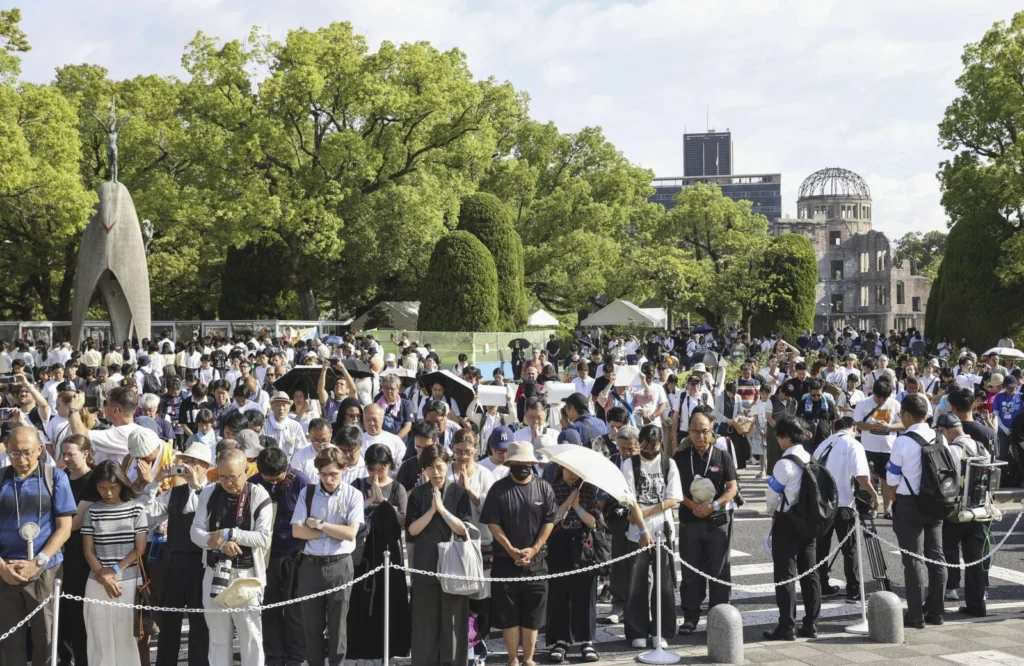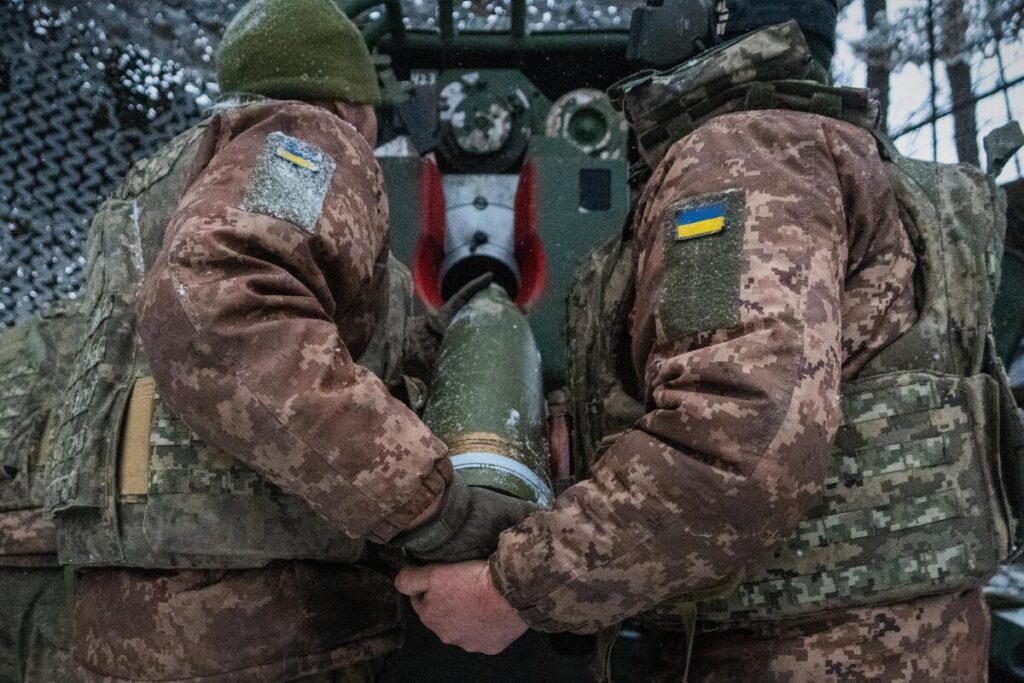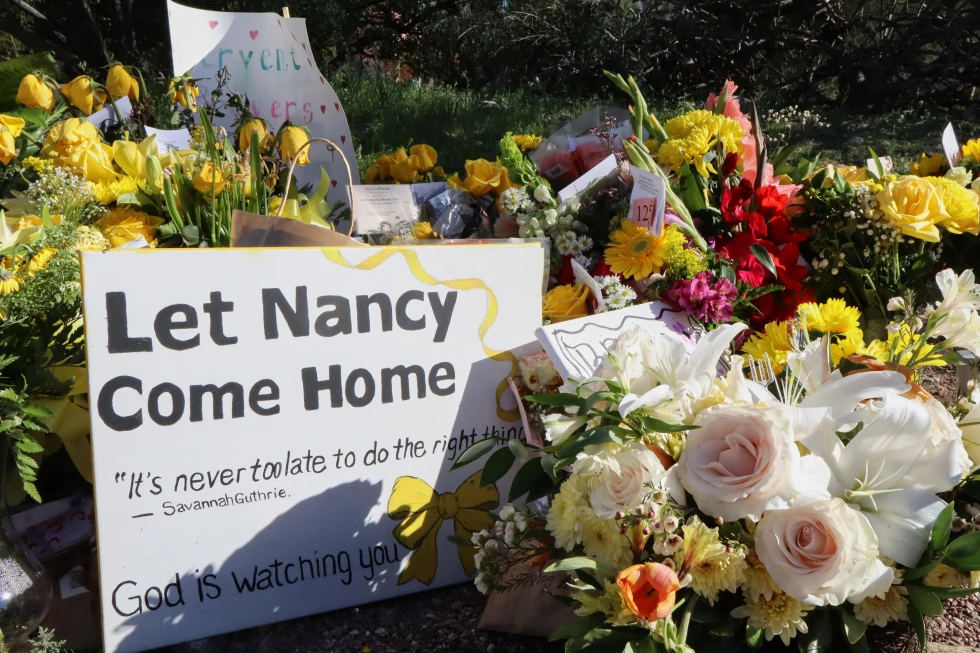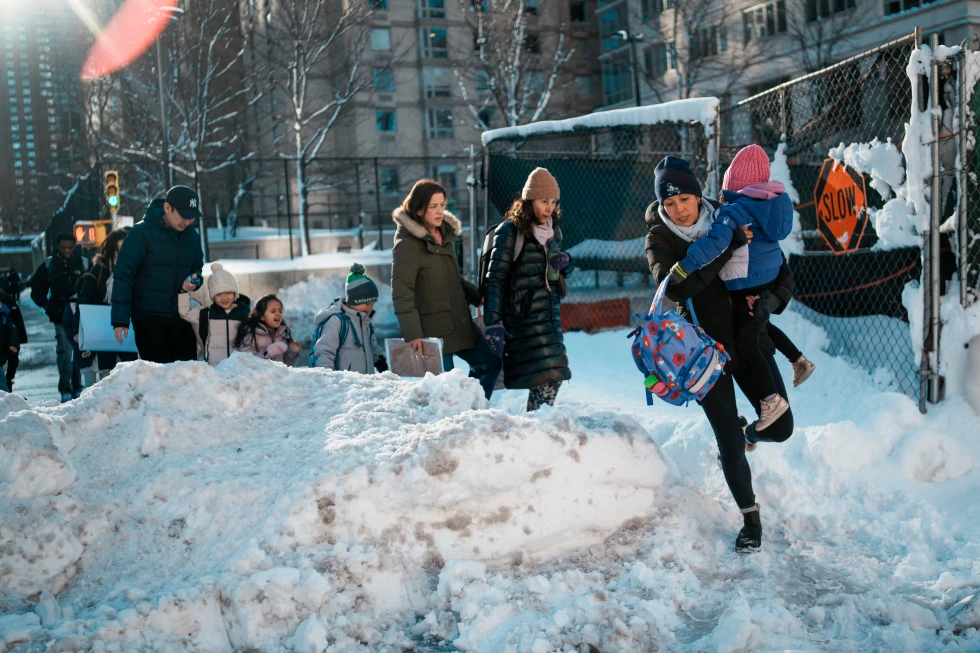Hiroshima Marks 80th Anniversary Amid Growing Nuclear Fears

Hiroshima 80th Anniversary Sparks Concern Over Nuclear Threat
HIROSHIMA, Japan — On August 6, Hiroshima observed the 80th anniversary of the U.S. atomic bombing. Survivors voiced growing concern over the global shift toward nuclear deterrence. With most survivors now over 86 years old, many fear this may be their last chance to share firsthand accounts.
Minoru Suzuto, 94, reflected near the cenotaph:
“There will be nobody left to pass on this sad and painful experience in 10 or 20 years,” he said. “That’s why I want to share my story while I still can.”
The atomic bomb killed 140,000 people in Hiroshima. A second bomb dropped on Nagasaki killed 70,000 more. Japan surrendered days later, ending World War II.
Mayor Warns of Nuclear Normalization
Hiroshima Mayor Kazumi Matsui condemned the rising acceptance of nuclear weapons. He referenced global conflicts, including the war in Ukraine, where nuclear threats have become normalized.
“These developments ignore the lessons of history,” he said. “They could destroy peace efforts built over decades.”
Matsui urged younger generations to resist policies that may lead to inhumane consequences.
Global Support for Peace
Protesters sit outside the Atomic Bomb Dome ahead of the memorial service to mark the 80th anniversary of the WWII U.S. atomic bombing in Hiroshima, Wednesday, Aug. 6, 2025, in Japan. (AP Photo/Louise Delmotte)
About 55,000 attendees, including delegates from 120 countries, joined the commemoration. Many visited the Peace Memorial Park at dawn to pay respects. A moment of silence followed at 8:15 a.m., marking the exact time the bomb dropped in 1945.
Japanese Prime Minister Shigeru Ishiba and other leaders laid flowers. White doves, symbolizing peace, were released after the mayor’s address.
Kazuo Miyoshi, 74, came to honor relatives lost in the bombing. “We do not need nuclear weapons,” he said.
UN Secretary-General António Guterres praised survivor advocacy, calling their message essential for global peace. His statement emphasized:
“Remembering the past protects our future.”
Protesters and Survivors Demand Disarmament
Protesters sit outside the Atomic Bomb Dome ahead of the memorial service to mark the 80th anniversary of the WWII U.S. atomic bombing in Hiroshima, Wednesday, August 6, 2025. (AP Photo/Louise Delmotte)
Near the Atomic Bomb Dome, over 200 protesters gathered under tight security. Many carried signs reading “No Nuke, Stop War” and “Free Gaza.” Police arrested two people for separate incidents involving security personnel.
Survivors condemned remarks by President Trump comparing recent attacks to Hiroshima. Kosei Mito, 79, said, “I don’t think we can get rid of nuclear weapons if their use is still justified.”
In the Vatican, Pope Leo XIV prayed for Hiroshima victims and reiterated the dangers of modern warfare.
Treaty Controversy and Government Stance
Despite calls from survivors, Japan refuses to sign the Treaty on the Prohibition of Nuclear Weapons. Officials cite reliance on the U.S. nuclear umbrella.
Mayor Matsui once again urged the government to sign the treaty. Survivors echoed the request in a meeting with Prime Minister Ishiba. Ishiba reaffirmed Japan’s desire for a nuclear-free world, but defended current policy as necessary for national security.
At a press conference, Ishiba said, “Japan remains committed to peace, but must stay protected in a dangerous neighborhood.”
Survivors have also pushed for compensation and acknowledgment of civilian casualties. To date, the Japanese government has only compensated military veterans and their families.
: 224







